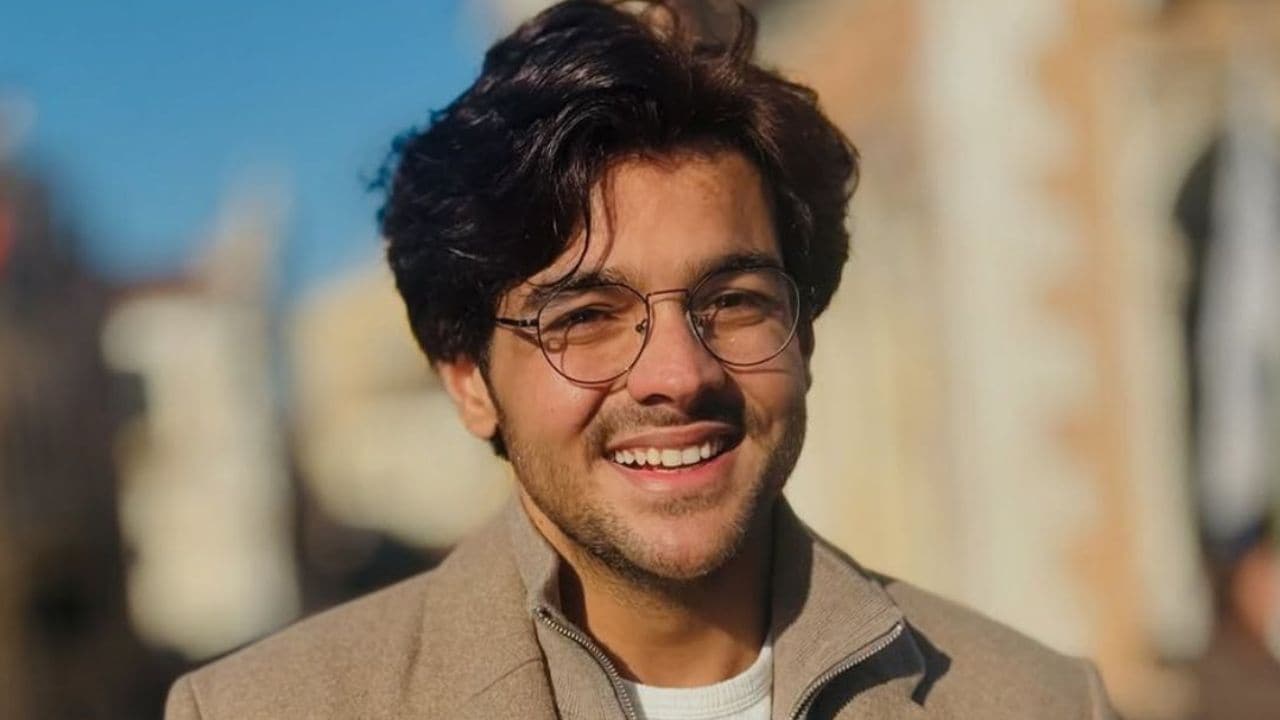In the latest twist of events surrounding Samay Raina’s “India’s Got Latent,” Ashish Chanchlani—one of India’s most popular digital influencers—has come under scrutiny.
While much of the controversy centers on podcaster Ranveer Allahbadia’s contentious remarks during the show, Chanchlani’s participation has also drawn legal threats from multiple quarters.
Read more: Who is Apoorva Mukhija a.k.a The Rebel Kid?
Who is Ashish Chanchlani?
Born on December 8, 1993, Ashish Chanchlani is more than just a YouTuber; he’s an actor, writer, and digital influencer who has redefined comedy for a generation.
His channel, Ashish Chanchlani Vines, launched in 2014, has since amassed over 30 million subscribers and billions of views, making him a powerhouse in the realm of online entertainment.
Initially sharing content on Facebook and Instagram during his civil engineering studies at Datta Meghe College of Engineering, Mumbai, Chanchlani’s passion for acting led him to further hone his skills at the Barry John Acting Studio.
Chanchlani’s unique brand of humor, often characterized by playful parodies of Indian reality TV shows like Sasta Big Boss and Sasta Shark Tank, resonates with millions of fans.
His sketches tackle everyday topics such as exam stress, office life, and family dynamics with a humorous twist that has earned him accolades, including the Bollywood Life Social Media Award for Most Popular Comedian in both 2022 and 2023.
Beyond his YouTube success, he has collaborated with Bollywood stalwarts like Kartik Aaryan, Shahid Kapoor, and Akshay Kumar, and even made a cameo in the Hollywood film Men In Black: International, further solidifying his status as a versatile entertainer.
India’s Got Latent controversy
The controversy began when Ranveer Allahbadia, known for his podcasting, made an inappropriate remark during an episode of Raina’s show, asking a contestant, “Would you rather watch your parents have sex every day for the rest of your life, or join in once and stop it forever?” The panel also featured Samay Raina, Apoorva Mukhija, Jaspreet Singh, and Chanchlani.
The remark, deemed crude and insensitive, rapidly ignited a firestorm online. Criticism surged as political leaders and civil rights groups joined in condemning the comment. Under mounting public pressure, the Ministry of Information and Broadcasting and the National Human Rights Commission intervened, which ultimately led to the video’s removal from YouTube.
